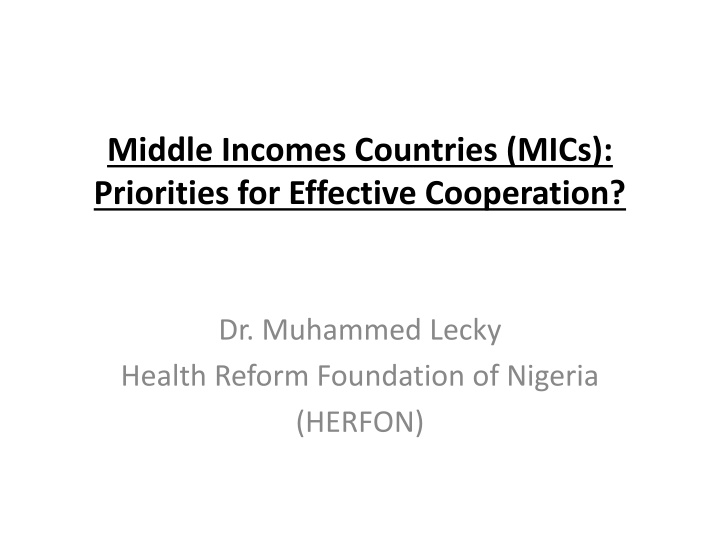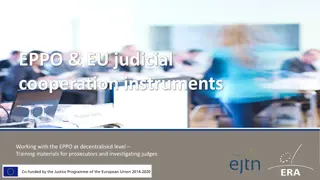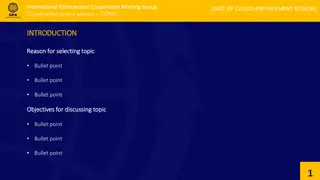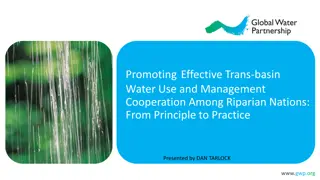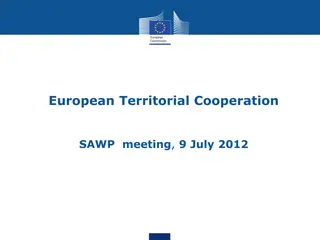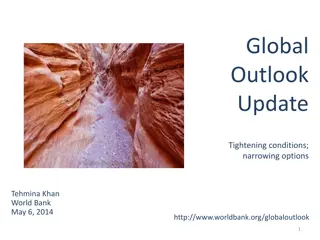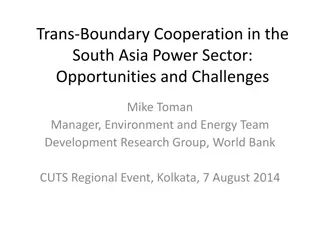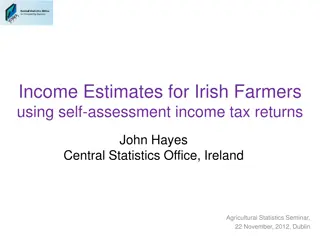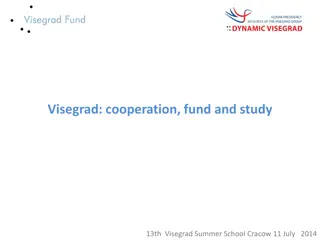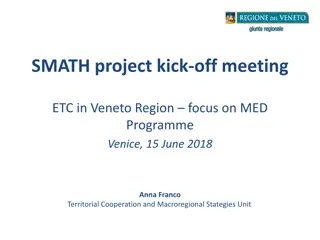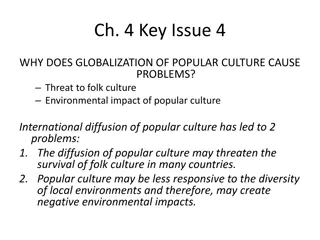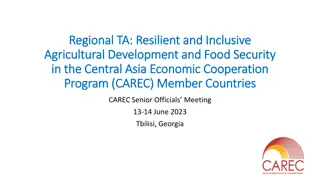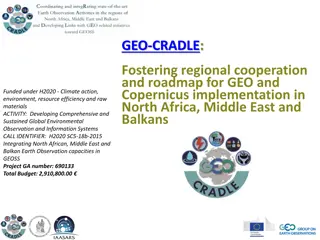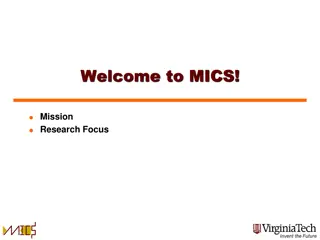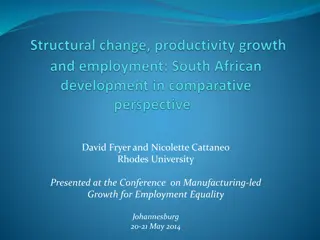Middle Incomes Countries (MICs) Priorities for Effective Cooperation
Dr. Muhammed Lecky from the Health Reform Foundation of Nigeria discusses the prospects of changing landscape of donor assistance, the unfinished agenda of the International Health Partnership, and related initiatives. The priorities include transparent exit/scale down policies, revising compacts, and the need for capacity building in advocacy for health reforms.
Download Presentation

Please find below an Image/Link to download the presentation.
The content on the website is provided AS IS for your information and personal use only. It may not be sold, licensed, or shared on other websites without obtaining consent from the author.If you encounter any issues during the download, it is possible that the publisher has removed the file from their server.
You are allowed to download the files provided on this website for personal or commercial use, subject to the condition that they are used lawfully. All files are the property of their respective owners.
The content on the website is provided AS IS for your information and personal use only. It may not be sold, licensed, or shared on other websites without obtaining consent from the author.
E N D
Presentation Transcript
Middle Incomes Countries (MICs): Priorities for Effective Cooperation? Dr. Muhammed Lecky Health Reform Foundation of Nigeria (HERFON)
Prospect of Changing Landscape of Donor Assistance 1. Different Perspectives: a) UN System b) Bilateral c) INGOs: GF; GAVI; BMGF a) GAVI - 2017 2. Nigeria and recent rebasing of the economy: a) Largest economy in Africa 3. Transparent exit/scale down policies a) Unclear exit strategies/driven by donor-countries national govt. policies. b) Implications for ongoing ihp+ compacts; Revising Compacts? c) Criteria: multi-dimensional criteria i. the inadequacy of GNP per capita vs. range of equity issues. 4. Full import of changes are poorly understood; not being discussed. a) Need for urgent studies, reports and policy briefs for highest-level political engagement tools.
Unfinished Agenda of the International Health Partnership and related initiatives (1) 1. Progress has been made; but not much has changed fundamentally; challenges to alignment a) a landscape of reputational deficits; partners exiting otherwise good programs/projects without sustainability and ownership (in a responsible manner). b) virtually all donor funding for the health sector in Nigeria is allocated to service delivery or technical assistance, with little or no funding allocated to advocacy. c) MOH & Finance Ministry: Institutionalized Annual Dialogue Forum 2. The power of strengthening and building capacity for advocacy to unlock reforms is underrated and largely ignored by both national governments and donors a) Need to identify and build capacity of strong non-state actors institutional champions. 3. Absence of policy frameworks for engendering government and development partners engagement with CSOs
Unfinished Agenda of the International Health Partnership and related initiatives (2) 1. Need tools to foster in-country private philanthropy as a source of development funding. Inadequate cooperation around coordination; paucity of programs designed around coordination despite the huge translational value of coordination (waste, territoriality, effectiveness and efficiency). a) Perfunctory participation b) Strong quest for attribution Support and encourage health reform efforts by supporting a broad range of national Civil Societies Organizations a) True Ownership: investing in social movements, community systems and policy change i. this requires a new level of development cooperation with no grantees? There s need for independent DPG-cum-CSOs report on performance of the health sector for evidence-based response to changes 2. 3. 4.
